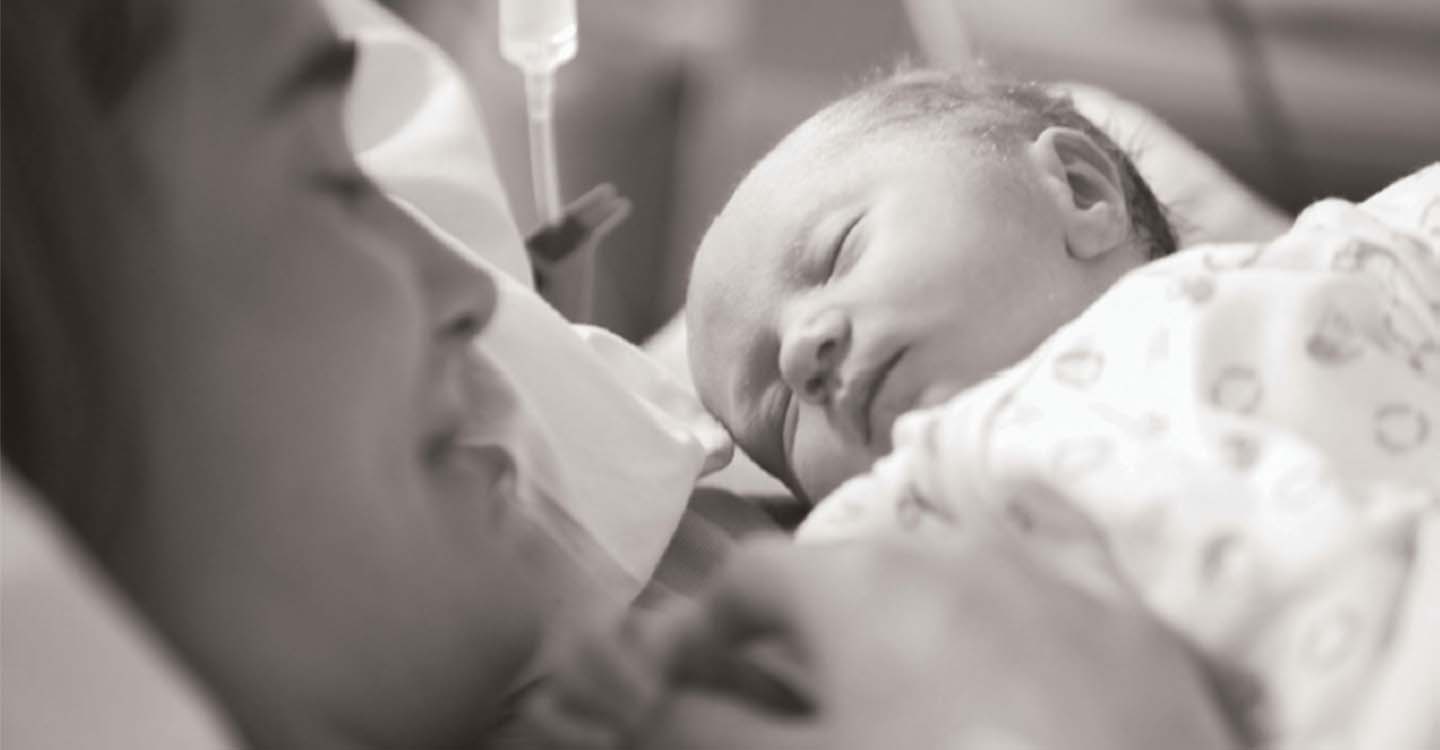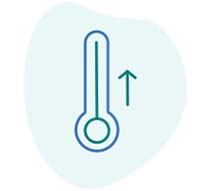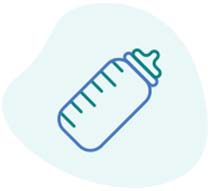What are the symptoms of an RSV infection?
It takes three to six days from being infected with the RS virus to getting symptoms. At first, symptoms of an RSV infection may resemble those of a cold. A milder infection passes in one to two weeks, but those who get a more serious lower respiratory tract infection get a more prolonged illness with difficulty breathing and cough for up to a couple of weeks. Symptoms include:
- Low-grade fever
- Dry cough
- Mild headache
- Runny nose
- Sore throat



